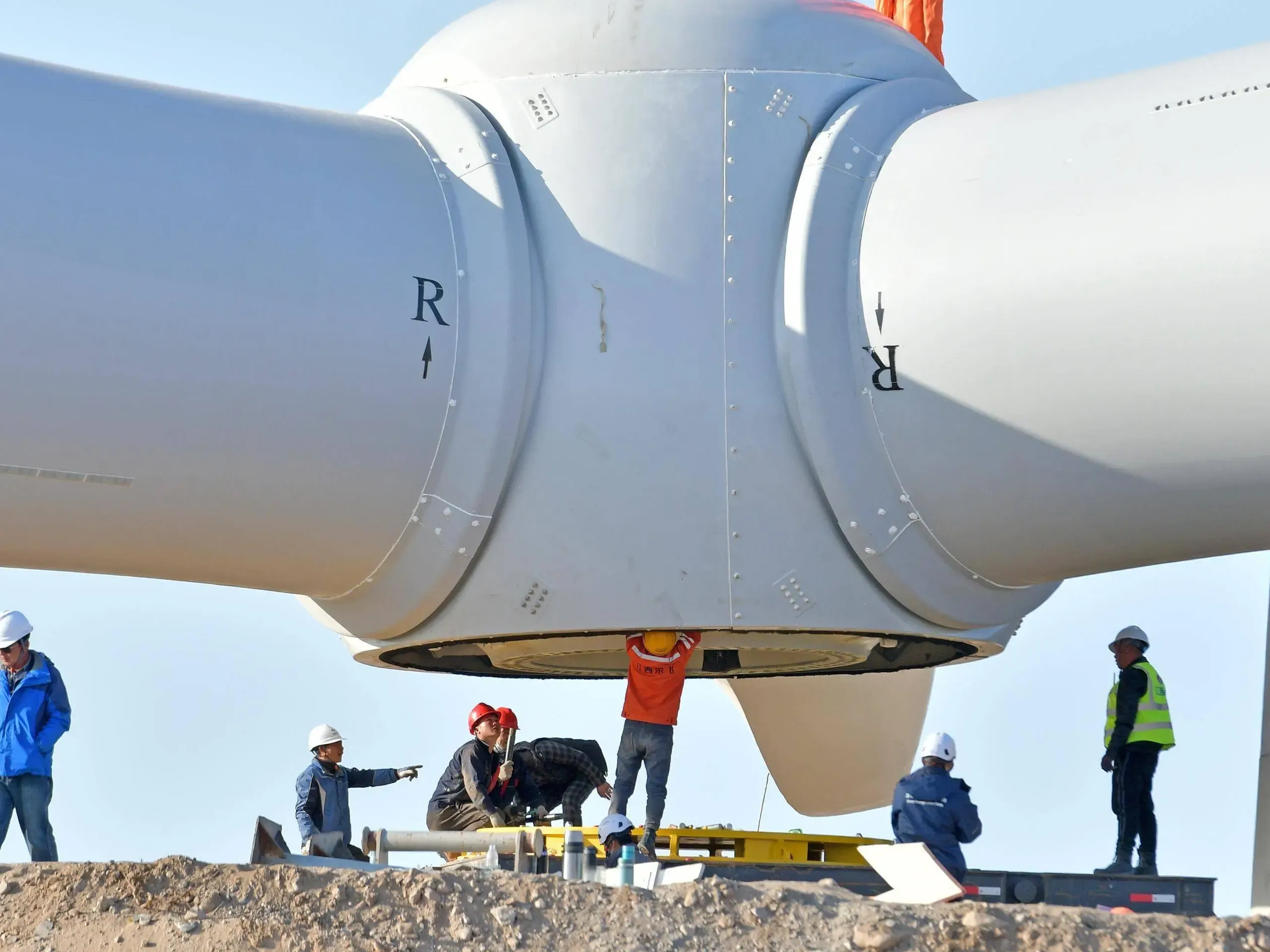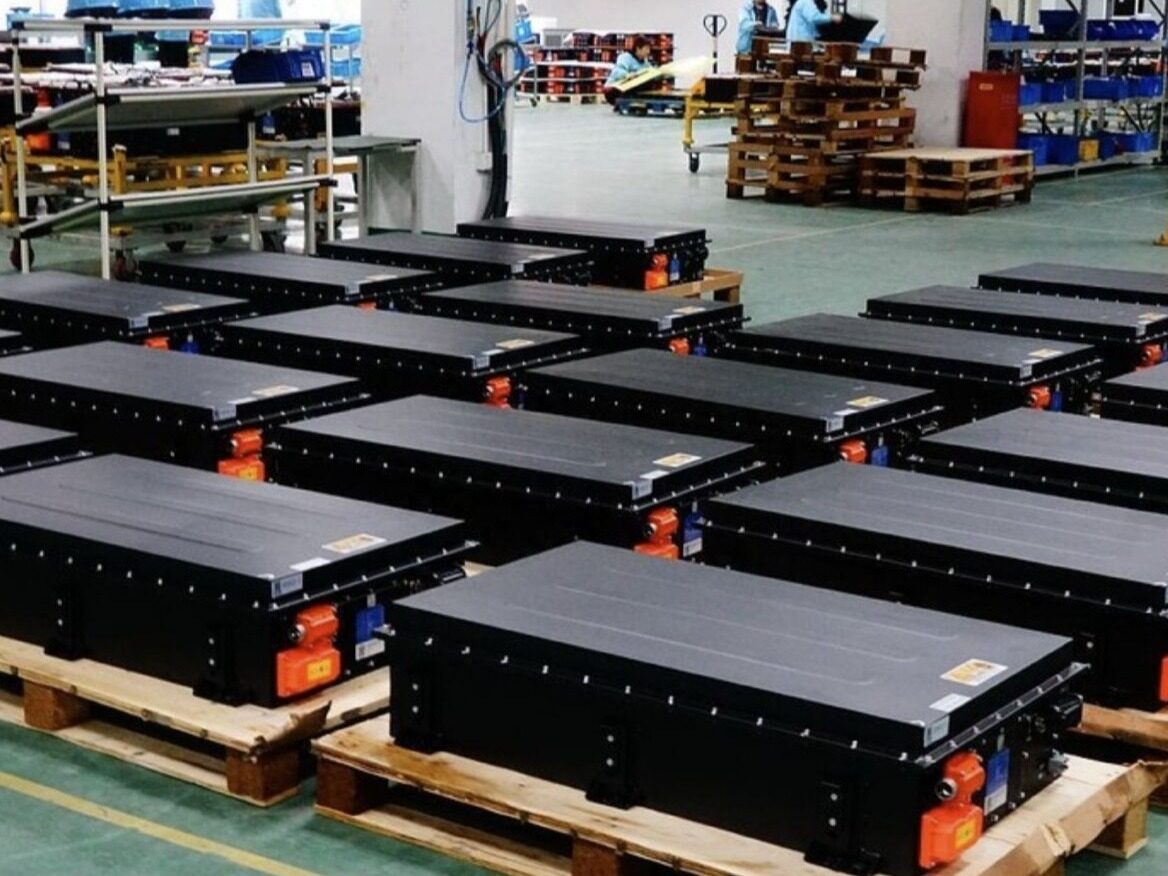- Five renewable energy projects have already been licensed, each generating 200MWh
- If there are no major hurdles, 10 to 20 photovoltaic power plants could be developed in the future

A severe electricity shortage has forced Syrian dentist Ibrahim al-Akzam to use a rooftop photovoltaic system to power his clinic in Damascus. This example reflects the severe energy crisis facing the country after 11 years of war. This insulates Akzam from the effects of a dilapidated grid infrastructure and persistent power outages caused by the rising cost of diesel generators.
He says electricity from renewable sources is the best solution, and he spent nearly $7,000 installing a rooftop photovoltaic system.
In recent weeks, Syrians, who rely largely on the grid and diesel-generated electricity, have been hit hard by fuel shortages.

The power crisis has been exacerbated by a wider economic collapse triggered by war, Western sanctions and the loss of the oil-producing region in northeastern Syria. The war in Syria has taken a heavy toll on the power grid that once covered 99% of Syria, according to a report released by the Syrian government. To encourage investment in renewable energy, the Syrian government has offered incentives such as removing duties on equipment imports.
Syrian President Bashar al-Assad visited a photovoltaic power plant in September 2022 and said at the time that the country remained focused on the development and construction of traditional energy sources, but he expressed support for private sector investment in renewable energy and that the Syrian government could be a partner in buying electricity and then selling it to consumers.
The government's changes to electricity regulations aim to encourage private sector investment in traditional and renewable energy sources, and to allow electricity producers to sell electricity directly to consumers for the first time.

Madian Diyar, director general of the Syrian Investment Authority, said five renewable energy projects have been licensed so far, each generating 200MWh. And that's still a tiny amount compared to the 49 billion kilowatt-hours of electricity Syria reportedly produced annually before the war.
Baraa Sheira from central Hama is one of the entrepreneurs who got a license for a photovoltaic power plant. He said Syria's state grid had bought a large amount of electricity for about $800,000 from a photovoltaic farm he will build in 2020, but did not disclose the price.
Sheira said that while his company is developing one PV farm right now, it could develop 10 to 20 in the future, barring some major hurdles.
Import restrictions have made it difficult to import equipment, while potential investors have been deterred by the collapse of the Syrian pound and the wide gap between the official and black market rates.
Sheira suggested that the Syrian government set preferential prices for photovoltaic system electricity to offset higher equipment costs and attract more investors. "Now is the time for Syria to rebuild its national economy and infrastructure, and we want to start with electricity," he said. Editor/Xu Shengpeng
Comment
 Praise
Praise
 Collect
Collect
 Comment
Comment
 Search
Search














Write something~